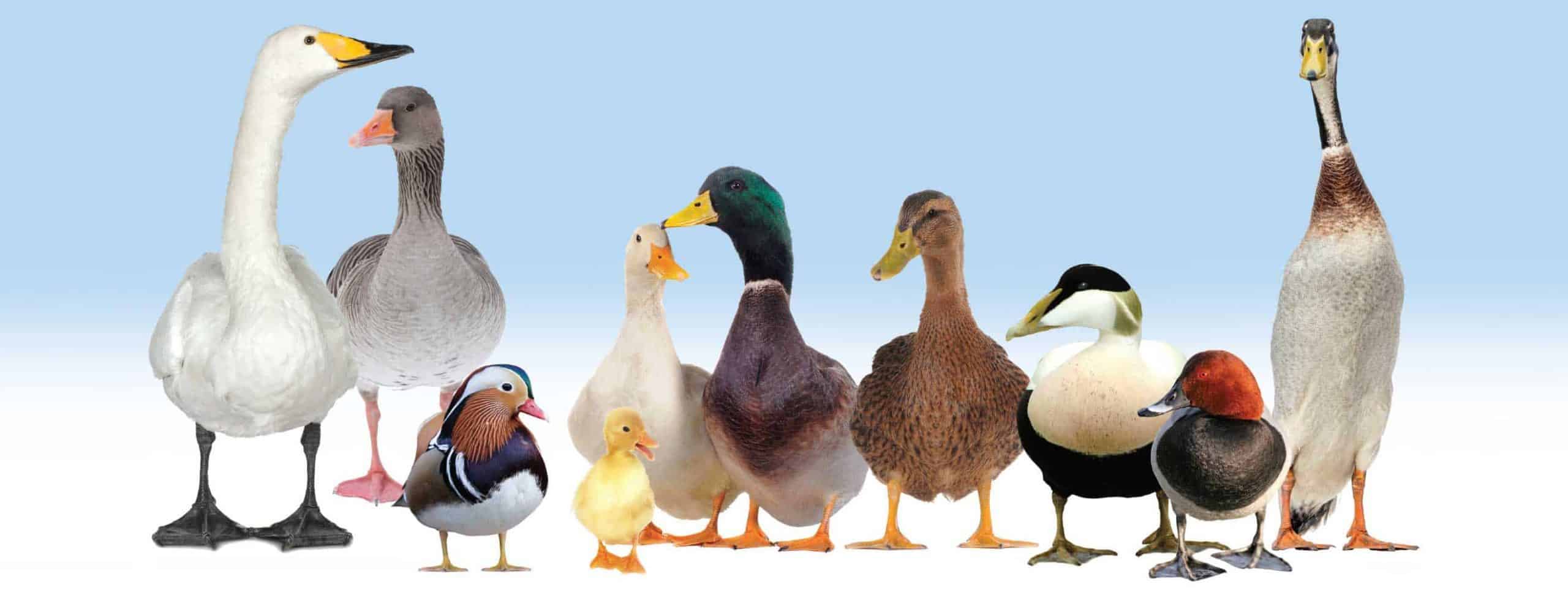New bird flu cases are coming up most days. Is there anything that can save your birds if you are infected?
Most of East Anglia is subject to a poultry (this includes waterfowl) housing order now, but it is quite likely that other areas will be added if there are more clusters of outbreaks. For birds to be spared from culling where there is an outbreak, you will need to have a secure, clean and empty place to put them. The highest standard of biosecurity arrangements will be needed, including controlled entry and hygiene areas. It is too late to build a facility once the culling has started.
APHA have acknowledged that some waterfowl in private hands are extremely rare in the wild, and numbers of some of our domestic breeds are teetering on a knife-edge. The lists APHA use for guidance for being considered for exemption from slaughter are the IUCN Red List for species, and the RBST breed Watchlist for domestic birds. Additionally, if the birds are part of a recognised breeding programme and have high genetic value, they MIGHT also be considered. Documentation and expert statements may be needed. The BWA’s Breed Registrar scheme was set up to document pure-bred flocks for this very reason, but relatively few chose to participate.
When an outbreak happens, the process is very upsetting. The operatives overseeing and doing the culling will not necessarily know anything about the species and breeds you keep. Skills and knowledge access the country are variable. Our top tip for this weekend is to make a list of your relevant birds, their species/breed and breeding status and take photographs to back this up. It is natural for a brain fog to descend as you try to come to terms with losing your birds.
With all disease and welfare problems, prevention is better than cure.



